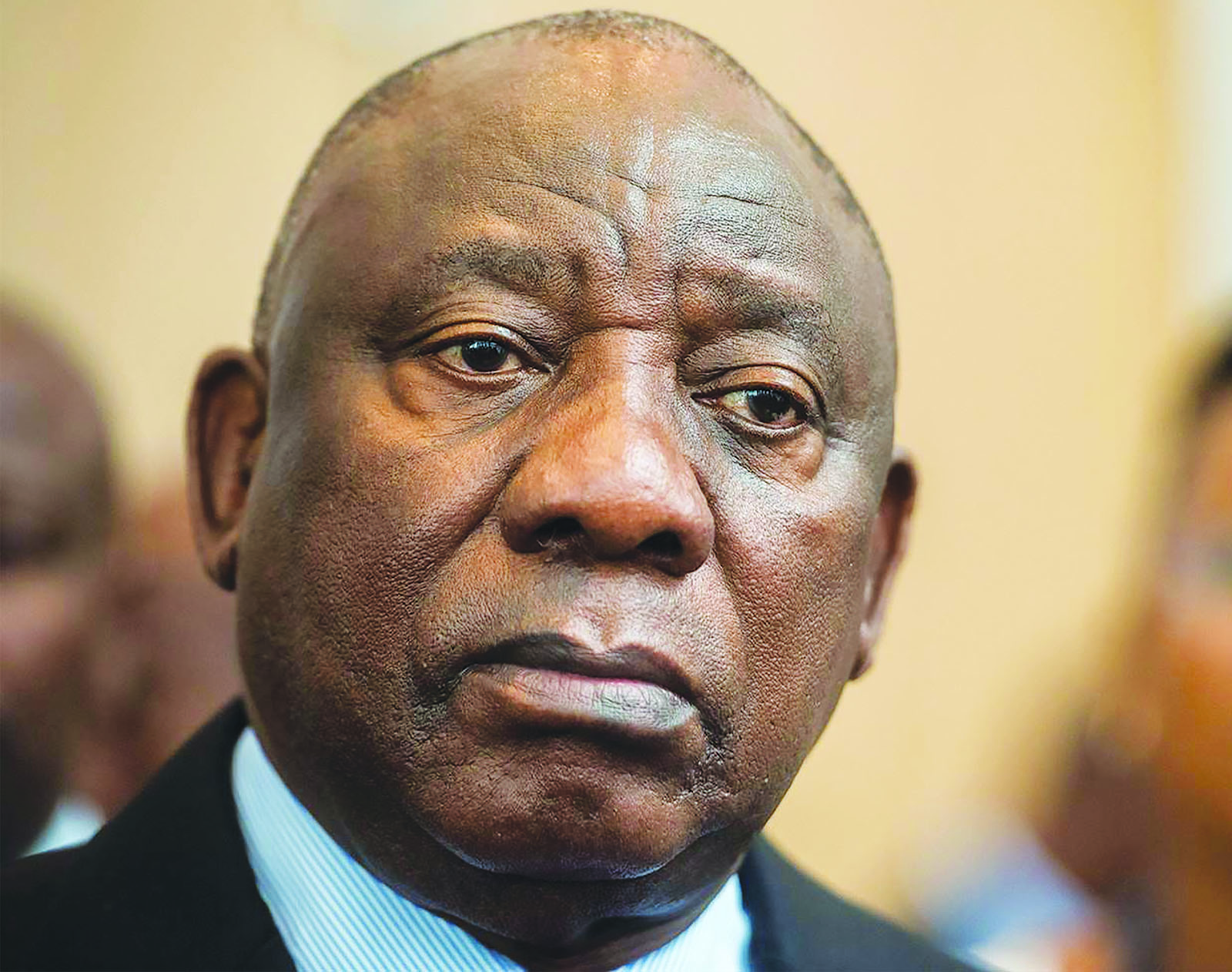By Joni Akpederi
South Africa is making a fabulous, unsubstantiated claim that Nigeria has pledged to support its candidate for the Presidency of the African Development Bank (AfDB) after the tenure of Nigeria’s Akinwumi Adesina, which ends next year. This flies in the face of chilled relations between the two countries over South Africa’s persistent hostilities towards Nigeria internationally, including at summits of the African Union (AU) and the BRICS. Nigeria has not issued any statement to corroborate Pretoria’s claim.
The Southern African Development Community (SADC), in which South Africa is only one of 16 countries, has already issued a statement affirming their full support for the Zambian national and candidate, Dr. Samuel Munzele Maimbo, lamenting South Africa’s renegade ploy to undermine their sub-region’s solidarity.
The Community also enjoined the international community to disregard any news suggesting the bloc’s support for South Africa’s unilateral choice, Bajabulile Swazi Tshabalala. Its well-laid-out refutation of South Africa’s claim details the account of the rigorously fair process that threw up Dr. Maimbo. It reveals that the process began in 2022 and culminated on August 17, this year. A panel of all SADC over that time adjudged Dr. Maimbo as the first-place winner in the interviews conducted for seven nominees for the SADC sole candidate for the AfDB top position. Tshabalala, whom South Africa now backs against the spirit of cooperation and unity at SADC, came in second. At its 44th summit in Zimbabwe, Heads of State and Government of the SADC fully endorsed the Ministers’ choice and urged all 16 member countries to support Dr. Maimbo as the sub-region’s sole candidate in the spirit of the SADC’s legacy of unanimity.
Political pundits are worried that South Africa’s breaking of ranks with the rest of SADC members may cause the bloc to lose the AfDB Presidency due to the inevitable splitting of votes that should go to the bloc’s preferred candidate. They argue that South Africa is not on the best of terms with some of the biggest non-regional and influential stakeholders in the Bank, including the USA, Britain, and France, over its stance on the Israeli-Palestinian conflict and cannot hope to get their support for Tshabalala.
There is also the subtle geopolitical and economic dimension to consider. South Africa is a prominent member of the BRICS group alongside Brazil, Russia, India, and China. The group is working to build an alternative economic order to the Bretton Woods institutions’ extant, dominant one. The big non-regional members might not be disposed to letting one from a country pushing a rival economic order take control of an institution they have high stakes in.
Moreover, Tshabalala only just resigned from her post as Senior Vice President at the AfDB, where she had been since 2018. Analysts believe that a candidate who has been part of the outgoing management of such a strategically significant multilateral institution cannot hope to win wide acceptance and support.
Certainly, the South African candidate may be swimming against the tide. This means that the odds are likely to favour Maimbo, whose successful career at the World Bank may well be the ace up his sleeve in the contest for the top job at Africa’s premier multilateral development finance institution.


